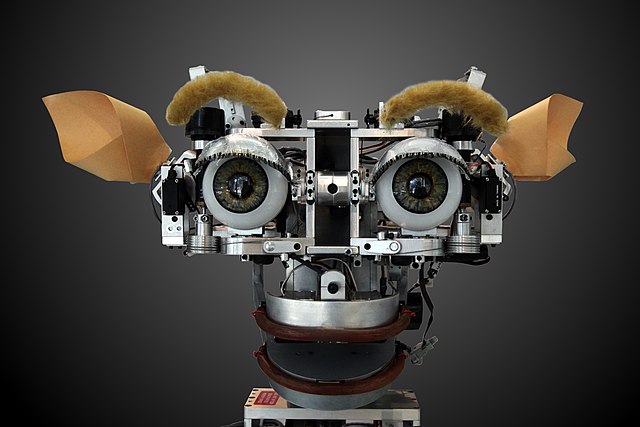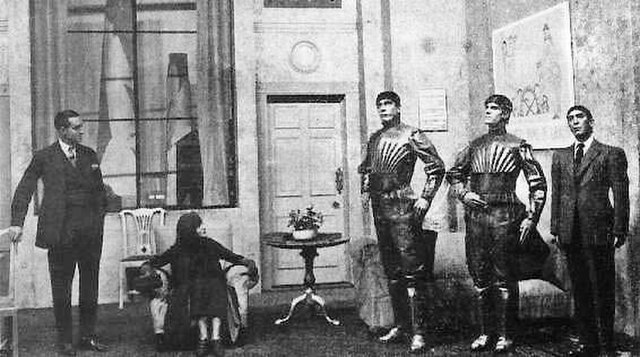Generative artificial intelligence
Generative artificial intelligence is artificial intelligence capable of generating text, images, videos, or other data using generative models, often in response to prompts. Generative AI models learn the patterns and structure of their input training data and then generate new data that has similar characteristics.
Stable Diffusion, prompt a photograph of an astronaut riding a horse
A picketer at the 2023 Writers Guild of America strike. While not a top priority, one of the WGA's 2023 requests was "regulations around the use of (generative) AI".
Artificial intelligence (AI), in its broadest sense, is intelligence exhibited by machines, particularly computer systems. It is a field of research in computer science that develops and studies methods and software that enable machines to perceive their environment and uses learning and intelligence to take actions that maximize their chances of achieving defined goals. Such machines may be called AIs.
Kismet, a robot head which was made in the 1990s; a machine that can recognize and simulate emotions.
Lidar testing vehicle for autonomous driving
The first global AI Safety Summit was held in 2023 with a declaration calling for international co-operation.
The word "robot" itself was coined by Karel Čapek in his 1921 play R.U.R., the title standing for "Rossum's Universal Robots".






